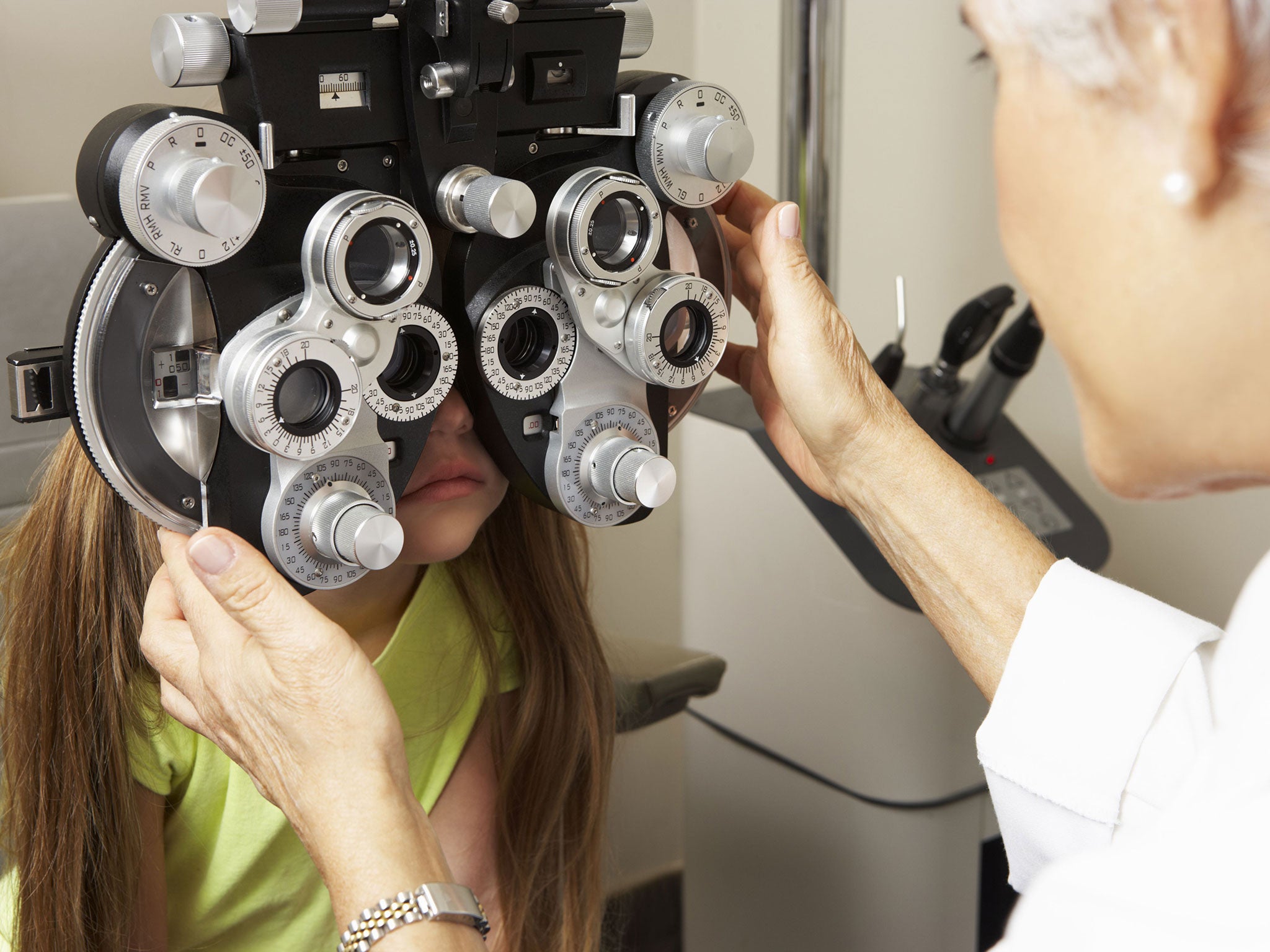Glasses half full: 50% of world's population set to need glasses by 2050
Scientists have warned that people spend too much time looking at computer screens

Half of the world’s population could be short-sighted by the middle of this century, scientists have warned, with people spending too much time looking at computer screens.
A study published in the journal Ophthalmology found that on current trends 50 per cent of people on the planet would need glasses or contact lenses with 10 per cent suffering from severe myopia, The Times newspaper reported.
The researchers, from the Brien Holden Vision Institute in Sydney, Australia, wrote: “Among environmental factors, so-called high pressure educational systems, especially at very young ages in countries such as Singapore, Korea, Taiwan, and China, may be a causative lifestyle change, as may the excessive use of near electronic devices.”
It is believed that nine out of every 10 teenagers and young people in China are short-sighted. In the South Korean capital Seoul, the figure is even higher among 19-year-old men with just 3.5 per cent of them able to see clearly.
In Europe about 50 per cent of young adults are myopic, compared to about 25 per cent of their parents’ generation.
Join our commenting forum
Join thought-provoking conversations, follow other Independent readers and see their replies
Comments
Bookmark popover
Removed from bookmarks